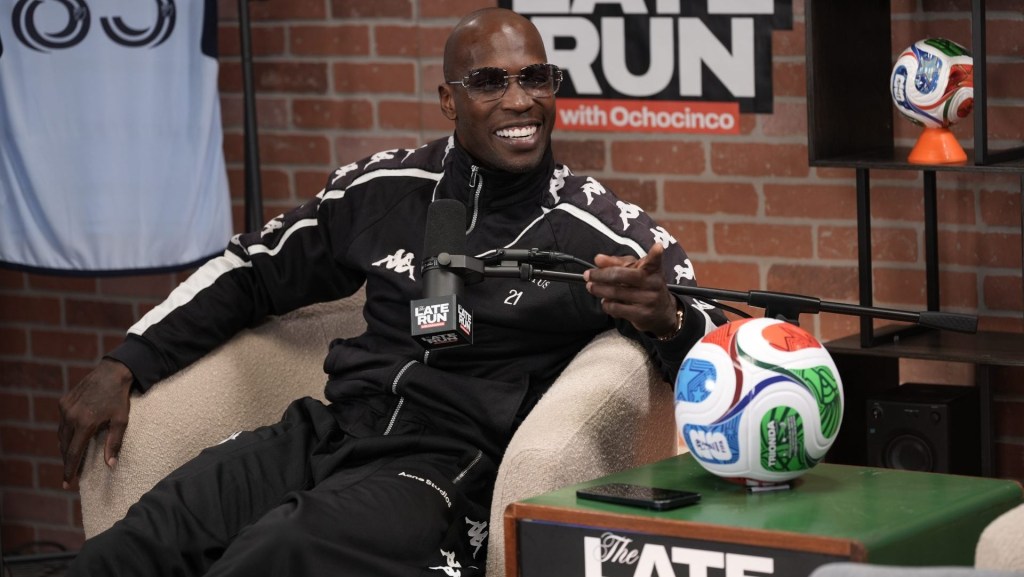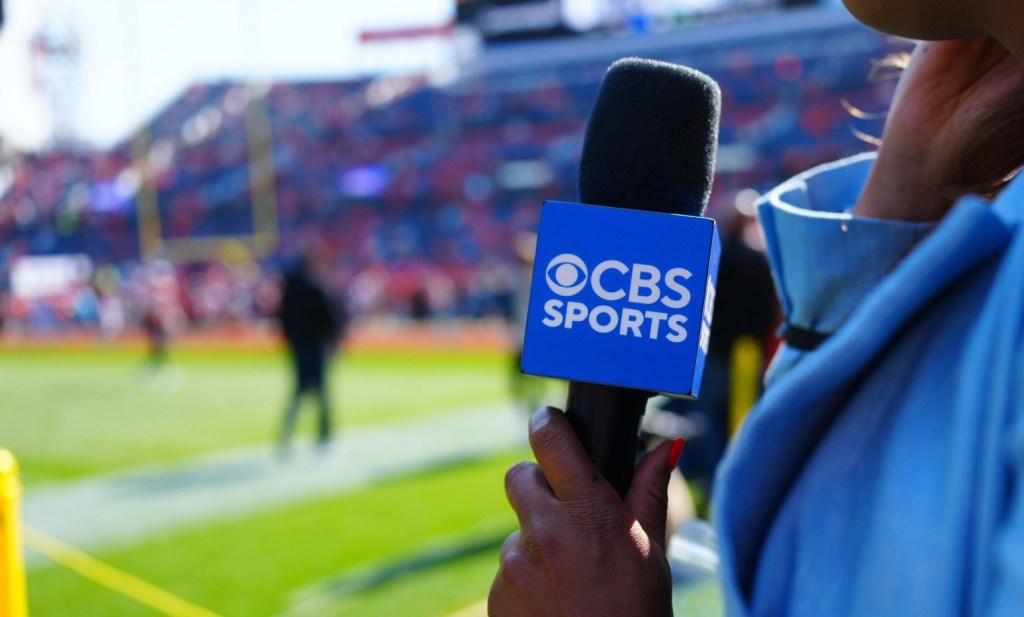In 2016, USWNT legend and two-time World Cup champion Carli Lloyd was one of five national team players to file a wage-discrimination complaint with the Equal Employment Opportunity Commission, as the world’s most-dominant soccer team fought to be paid equally with their male compatriots.
Then in 2022, U.S. Soccer agreed to a landmark deal to give equal payouts to the men’s and women’s national teams. But as Lloyd—the USWNT’s third all-time leading goal scorer, two-time Olympic gold medalist, and two-time FIFA Player of the Year—prepares to be part of Fox’s FIFA Women’s World Cup broadcast team, she’s pleading for sponsors to step up as the push for equal pay turns global with world soccer’s governing body.
“Sponsors. I mean, it’s sponsors and revenue, that’s how businesses work,” Lloyd, a New Jersey native, told Front Office Sports. “The more sponsors you have on board, the more money you make and the more that can go out for prize money. I don’t know timelines and all that; I just know that it needs to keep getting better.”
Lloyd, who last played for the NWSL’s NJ/NY Gotham FC in 2021, made her studio analyst debut for Fox Sports in April 2022 before joining the network’s coverage in Qatar for the men’s World Cup. She also competed on Special Forces: World’s Toughest Test, a military-training-inspired celebrity reality TV series that debuted earlier this year on Fox. But a tough test facing women’s soccer is the $330 million pay gap between World Cup prize pools.
FIFA’s $110 million total prize pool for this summer’s WWC in New Zealand and Australia represents a quarter of the $440 million awarded to men’s federations at the 2022 World Cup.
Sponsorship hasn’t been an issue for Fox in the U.S. The network said in June, a full month before the tournament, that it sold out 90% of its Women’s World Cup ad sales. Fox’s ad revenue is up 50% over the 2019 Women’s World Cup, which Lloyd and the USWNT won for their second-straight World Cup victory.
“I would say the automotive category, tech, insurance, financial—all the blue chips are really supporting this World Cup,” Fox Sports CEO Eric Shanks told FOS. “Three of our cornerstone ones that you’ll see a lot, and they’ve been with us for previous World Cups—big supporters of women’s soccer—are Volkswagen, Google, and Verizon.”
But Fox’s lucrative U.S. coverage is only a small part of FIFA’s global World Cup broadcast partners. In May, FIFA threatened to blackout Women’s World Cup broadcasts in Europe if broadcasters did not up their rights bids for the tournament, some of which were initially as low as 1% to 2% of bids for the men’s World Cup. FIFA president Gianni Infantino called the offers a “slap in the face” given the popularity of the women’s game and pay equity plans.
FIFA eventually reached media agreements to broadcast the upcoming WWC in Europe’s “Big 5” markets— France, Germany, Italy, Spain, and the U.K—but some reported payments are still just 6% of rights paid for the men’s tournament.
FIFA’s new compensation structure guarantees each Women’s World Cup player at least $30,000, and winning team members will receive $270,000 each as FIFA, for the first time, will distribute some prize money directly to players instead of federations. FIFA plans to reach full pay equity by the 2026 men’s and 2027 women’s World Cups.
“Obviously, FIFA rolled out with money for each player—different stages where you get to, what each player will receive—I thought that was a great step, but still room for growth,” Lloyd said. “Hopefully, we don’t have to keep talking about the same things over and over again. But at least there is some progress.”
Lloyd joked that she’s now joined the “dark side” in the broadcast booth for Fox following her retirement from soccer in 2021 after 17 years with the USWNT. It’s a “bittersweet” moment for her not to be on the pitch for the biggest Women’s World Cup yet, both in terms of its expanded 32-team format and number of games aired on Fox.
“Every four years, they just keep getting bigger and better,” Lloyd said. “It’s a little bittersweet to be playing in a World Cup now in 2023 and see how big it is, and the game has grown so much; it’s what every player deserves. The support, the investment needs to continue, but this is going to be the best and the biggest, in my opinion.”
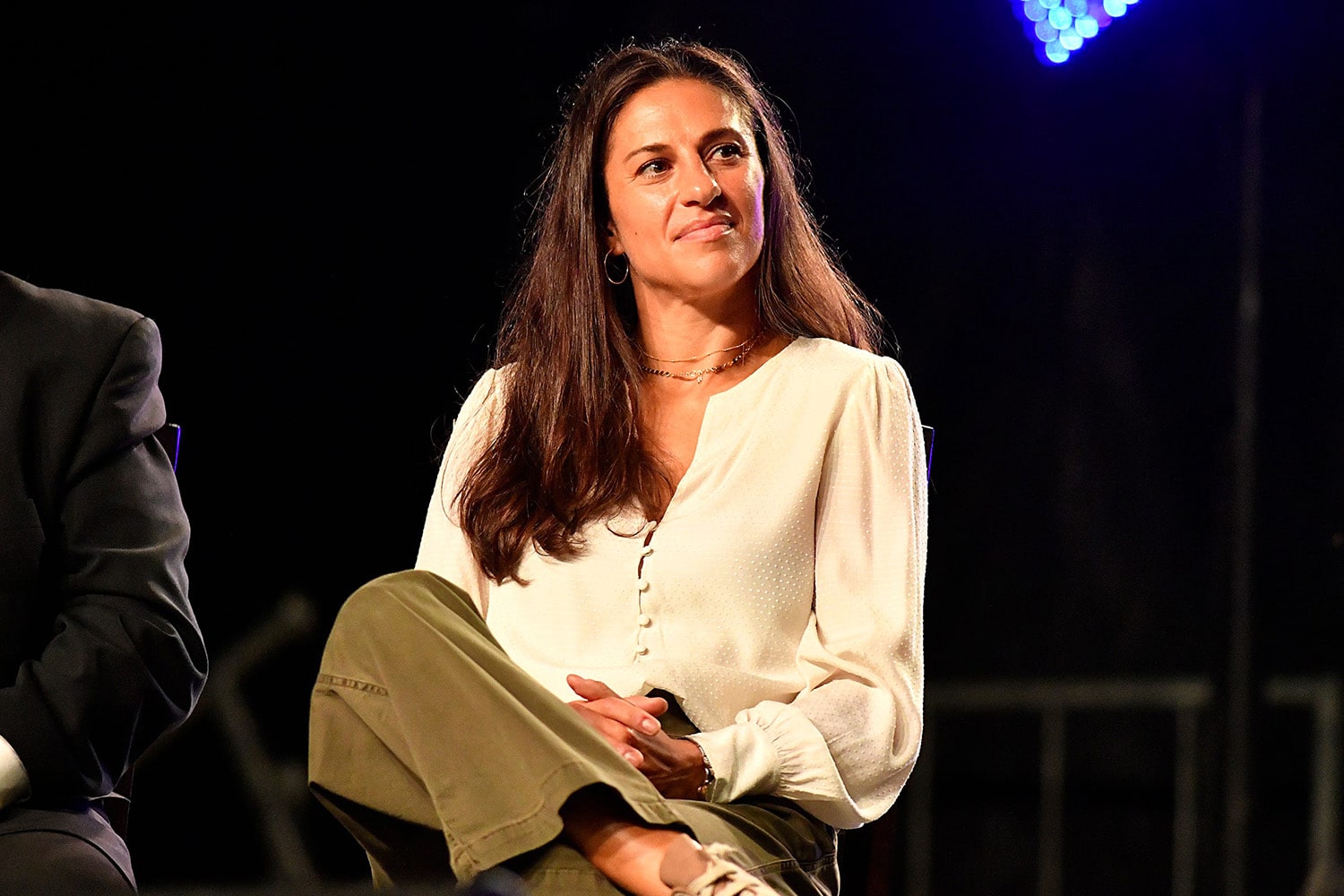
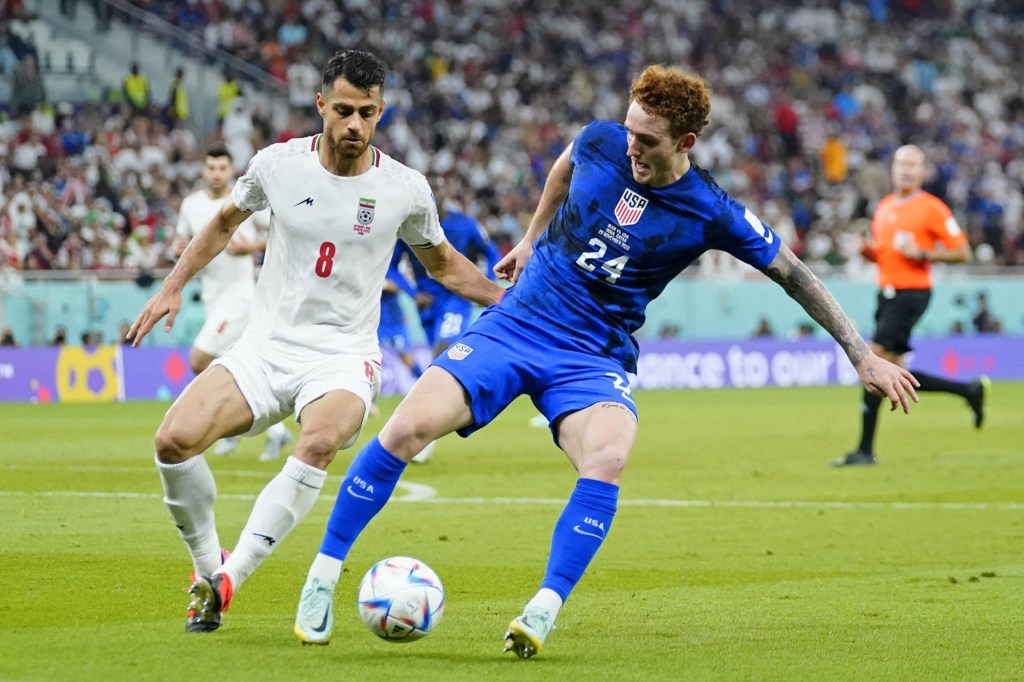
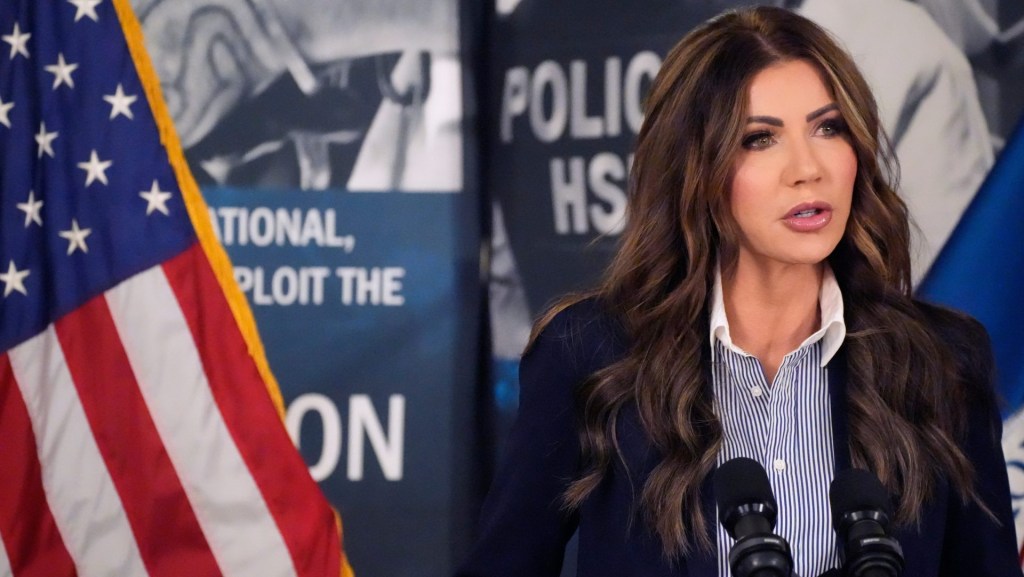
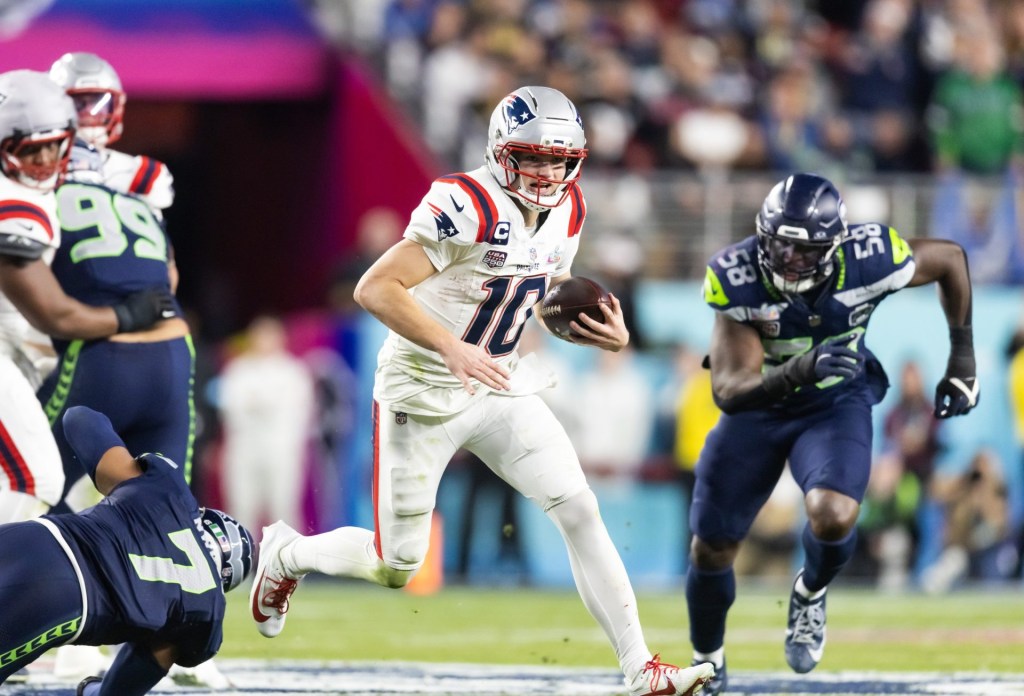
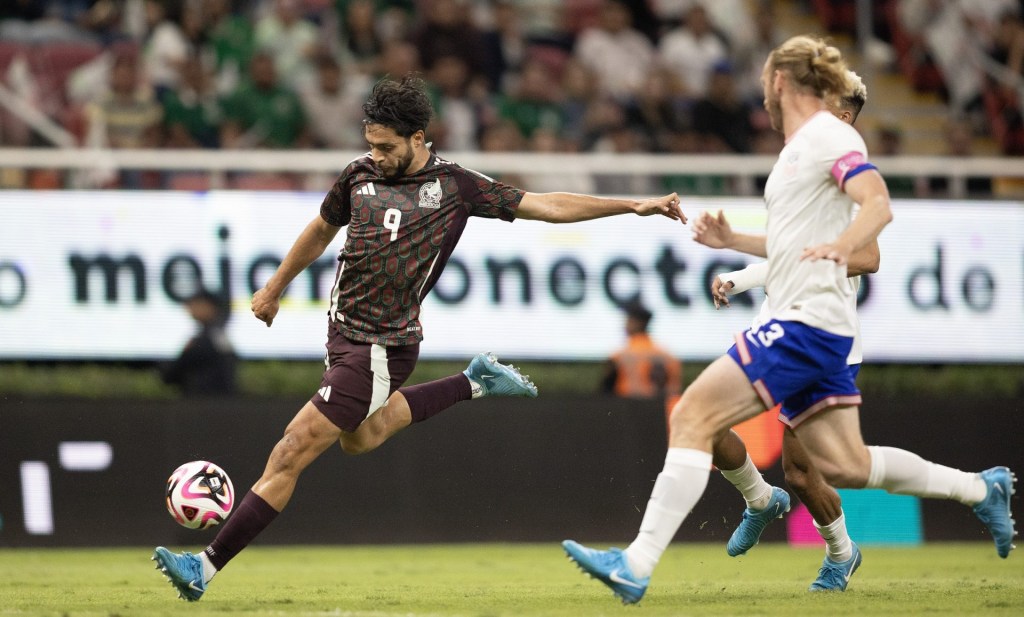

![[Subscription Customers Only] Jun 15, 2025; Seattle, Washington, USA; Botafogo owner John Textor inside the stadium before the match during a group stage match of the 2025 FIFA Club World Cup at Lumen Field.](https://frontofficesports.com/wp-content/uploads/2026/02/USATSI_26465842_168416386_lowres-scaled.jpg?quality=100&w=1024)
![[Subscription Customers Only] Jul 13, 2025; East Rutherford, New Jersey, USA; Chelsea FC midfielder Cole Palmer (10) celebrates winning the final of the 2025 FIFA Club World Cup at MetLife Stadium](https://frontofficesports.com/wp-content/uploads/2026/02/USATSI_26636703-scaled-e1770932227605.jpg?quality=100&w=1024)


